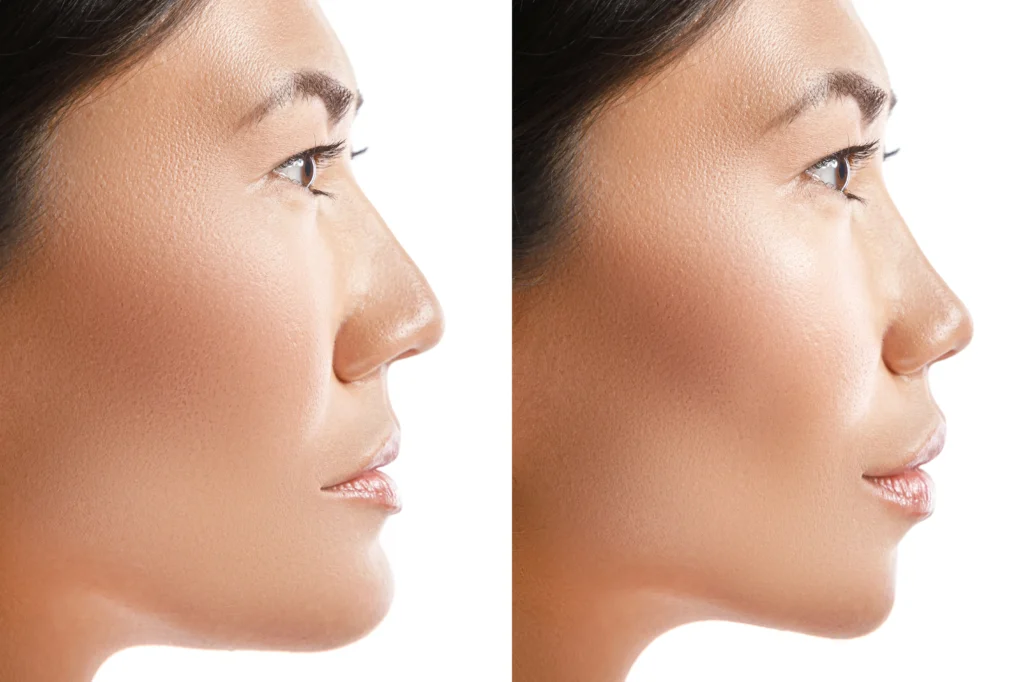
Table of Contents
Mewing slang has become a hot topic in online communities, particularly within health and fitness circles, but what exactly does it mean? While “mewing” itself refers to a specific practice related to proper tongue posture, “mewing slang” has evolved into a term used in various contexts, often associated with beauty, wellness, and self-improvement. Here’s everything you need to know about this trendy slang and its origins.
What is Mewing?
Before diving into the slang, it’s important to understand the term “mewing.” Mewing refers to a technique introduced by Dr. John Mew, a British orthodontist, that involves positioning the tongue against the roof of the mouth to improve facial structure, jawline, and overall oral health. Practitioners believe that mewing can help with posture, improve the alignment of the teeth, and even enhance the appearance of the face.
Though it’s often associated with orthodontic benefits, mewing has sparked interest across the internet due to the potential aesthetic results that many people claim it offers. This practice has gained momentum, especially on platforms like TikTok, YouTube, and Instagram, where influencers and users showcase before-and-after results.
What Does Mewing Slang Mean?
“Mewing slang” has evolved beyond just the literal practice. The term is frequently used in online discussions, memes, and social media posts to describe a variety of things related to physical aesthetics, self-improvement, and even internet culture.
- Physical Appearance Improvement: People often use mewing slang to talk about improving their facial features, especially the jawline. It’s not uncommon to see people say things like, “I’ve been mewing for a few weeks, and my jawline is more defined!” This use of the term highlights the emphasis on facial aesthetics that mewing is believed to support.
- Tongue Posture Advocacy: Some people use mewing slang to promote the benefits of proper tongue posture for health and wellness. It’s considered a form of self-care, with individuals using mewing slang to encourage others to adopt this habit in order to improve not just their physical appearance but also their breathing, digestion, and overall health.
- Joking and Memes: Like many online trends, mewing slang has been adapted into jokes, memes, and exaggerated claims. Phrases like “Mewing my way to a perfect jawline” or “If you’re not mewing, what are you even doing?” are commonly seen in humorous or satirical posts.
- Status Symbol: In some circles, especially on platforms like Reddit and TikTok, mewing slang is used almost as a status symbol. People who are passionate about the technique may refer to themselves as “mewers” or use the term to describe others who are committed to improving their appearance through natural methods.
Why Has Mewing Slang Gained Popularity?
The rise of mewing slang can be attributed to several factors. First, the increasing focus on self-improvement and the pursuit of a more “ideal” appearance in modern culture has led many people to seek out methods like mewing. Second, the internet has given people a platform to share their experiences, creating viral content that spurs further interest in the topic.
Platforms like TikTok have made mewing an easily accessible trend, with users posting quick tips and tutorials on how to practice the technique. As with many viral trends, mewing slang has quickly become shorthand for discussing self-improvement, often without delving into the science behind it.
The Impact of Mewing Slang on Social Media
Mewing slang has also played a role in how people perceive beauty standards, health, and wellness online. Many influencers and content creators have capitalized on the growing interest in mewing by producing content focused on achieving facial symmetry or a more chiseled jawline. This has led to the growth of an entire subculture centered around mewing, with people eagerly discussing tips, results, and the overall effectiveness of the technique.
However, it’s worth noting that mewing is a controversial topic. While some proponents claim benefits, others argue that the results are often exaggerated or unsupported by scientific evidence. Despite the debate, mewing slang continues to thrive, thanks to its engagement in online discussions and its role in shaping beauty culture on social media.
Conclusion
Mewing slang may have started as a niche term among orthodontic enthusiasts, but it has since evolved into a broader phenomenon tied to self-improvement and aesthetic enhancement. Whether you’re discussing the potential benefits of mewing, making jokes about jawlines, or simply participating in the trend, it’s clear that mewing slang has made a lasting impression in online culture.
If you’re curious about trying mewing for yourself, remember that while it can’t replace professional advice, it’s always good to stay informed about its practices and the community surrounding them.
